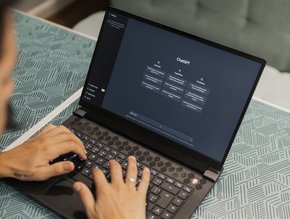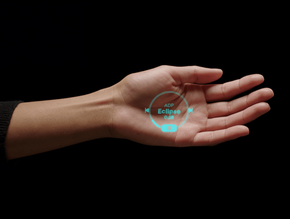UK and US research labs collaborate to develop AI technology

The UK and US have carried out research to accelerate joint development and sharing of AI technology and capabilities.
For the first time, The Air Force Research Laboratory (AFRL), in partnership with the UK’s Defence Science and Technology Laboratory (Dstl), have demonstrated the ability for both countries to jointly develop, select, train, and deploy state-of-the-art machine learning algorithms in support of the armed forces of each of the 2 nations.
The two research departments have been working together since December 2020 to develop artificial intelligence (AI) systems for warfare.
The demonstration was held both in-person and virtually, in New York and Salisbury, UK. It highlighted an integrated system with the ability to share data and algorithms through a common development and deployment platform. The platform is said to enable the rapid selection, testing, and deployment of artificial intelligence capabilities.
Working together to support troops
This was the first of a rotational series of events to be hosted by the joint and international signatories of the Autonomy and Artificial Intelligence Collaboration (AAIC) Partnership Agreement.
During the demonstration which brought together key technologies from both nations, the simulated scenario focused on how the UK and US can cooperate and share AI capabilities to support the ‘close’ fight. Where both countries operate in adjacent areas, they are able to share data, AI algorithms and capability tightly during mission execution.
Dstl’s Todd Robinson, who heads up the UK element to the project, said: “This collaboration with AFRL and the US services is crucial to drive the very latest AI technology into military operations and innovative research in both nations.
“The demonstration is just the first step toward our ambition of deploying novel AI that can learn in the field into an experimental trial environment, something that hasn’t been done before and is only possible due to this collaboration.”
This is the first of a series of joint technical and operation experiments planned under the 4-year partnership agreement.
It successfully showed the integration of 15 state-of-the-art machine learning algorithms, 12 UK and US datasets, 5 automated ML workflows for training and retraining models based on mission needs, and the ability to deploy the models as a service to target end-users and platforms.






